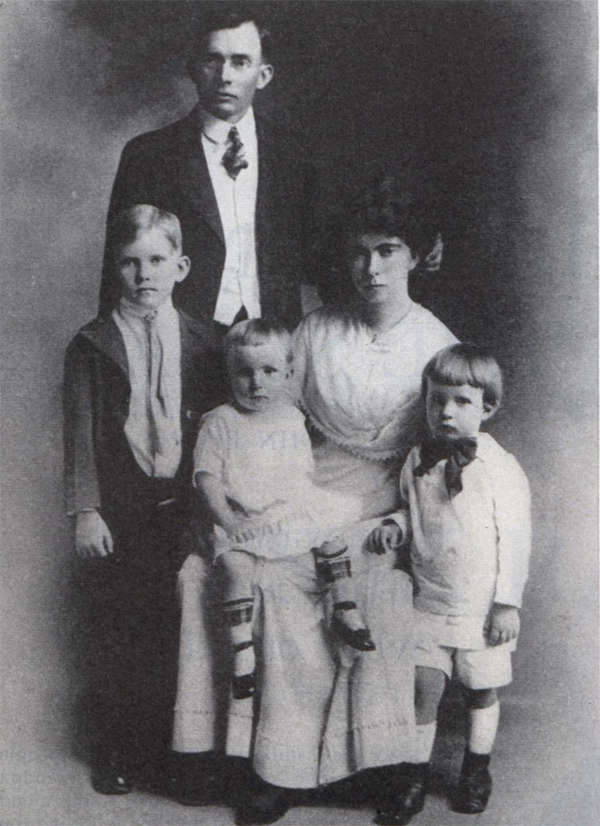Revealing Incidents From the Life of Young Richard Nixon

Some day we may learn the full extent of Richard Nixon’s involvement in the Watergate scandal. But we’ll probably never know why he authorized his staff to break into the Democratic National Headquarters to obtain documents and tap telephones.
Even in his lifetime, he was considered an enigma. Many reporters tried to discover what was behind the public image he projected, including the Post’s political reporter, Stewart Alsop. In 1958, he interviewed as many of Nixon’s classmates, teachers, and relatives as he could find to explain “The Mystery of Richard Nixon” (July 12, 1958).
Like many, Alsop grudgingly came to a new appreciation of Nixon’s courage, industry, and intelligence.
Of course, Alsop had no idea where Nixon’s political career would take him. In 1958, the vice president was only beginning to launch his first presidential campaign. But knowing what we do about Nixon’s future, several of Alsop’s anecdotes take on an added meaning, almost foreshadowing his rise and fall from power.
Nixon’s mother offered one of the most poignant, and ironic, anecdotes. Knowing her son to be earnest and idealistic, she hoped he would become a Quaker minister. But when he was 10 years old, he announced that he had chosen his profession. She remembered that afternoon in 1923, with young Richard sprawled in front of the fire, reading the newspaper accounts of the Teapot Dome Scandal then unfolding in Washington. He suddenly looked up at his mother and announced, “I know what I want to be when I grow up—an honest lawyer who doesn’t cheat people but helps them.”
The illegal sale of government oil at Teapot Dome, Wyoming, was the biggest scandal to involve the White House since the days of President Ulysses S. Grant. There wouldn’t be another scandal of its scale for 50 years—and then Nixon would be at the center of it.
Though idealistic, Nixon was shaped by an unrelenting ambition, according to Alsop. He was a man who, in his eagerness to win, would often make trouble for himself, as he did in football.
In college, Nixon tried out for the team every year. He lacked the weight or coordination that would qualify him as a starting player. A teammate recalled the coach used him as “a kind of tireless, indestructible, animated ninepin for the better players to knock down.” Nixon was “a lousy player, but he sure had guts.”
A classmate who often served as referee at the games recalled that, on rare occasions, Nixon would be allowed to play in the last few minutes of the game. When that happened, the referee recalled, “I always got out the five-yard-penalty marker. Dick was so eager I knew he’d be offside just about every play.”
Another of Alsop’s anecdotes about Nixon’s college career seems to anticipate the Watergate break-in.
Nixon was a model student who didn’t drink or smoke, and he attended church services four times every Sunday. The only “youthful escapade” that any of his classmates could remember was the night he broke into the dean’s office. He climbed up, over the locked office door, and through the transom window to let himself down inside. His purpose wasn’t to steal or vandalize the office. The sole reason he departed from his model behavior on this occasion was to learn where his test scores placed him in the class ranking.
Lastly, there was the ominous advice that his young wife Pat gave him in 1952. Dwight Eisenhower had just chosen Nixon as his running mate, when the press released a story about a secret campaign fund some friends had set up for Nixon. While not illegal, the fund gave the appearance of being underhanded and a possible conflict of interest. As the criticism from journalist grew, several colleagues advised him to drop out of the race. Pat, on the other hand, encouraged him to stay. Never dreaming of how her words would sound in 1974, when Nixon decided to resign from the presidency, she told him “If you withdraw, you will carry the scar for the rest of your life.”
Click here to read the full story on one of America’s most disputed figures.